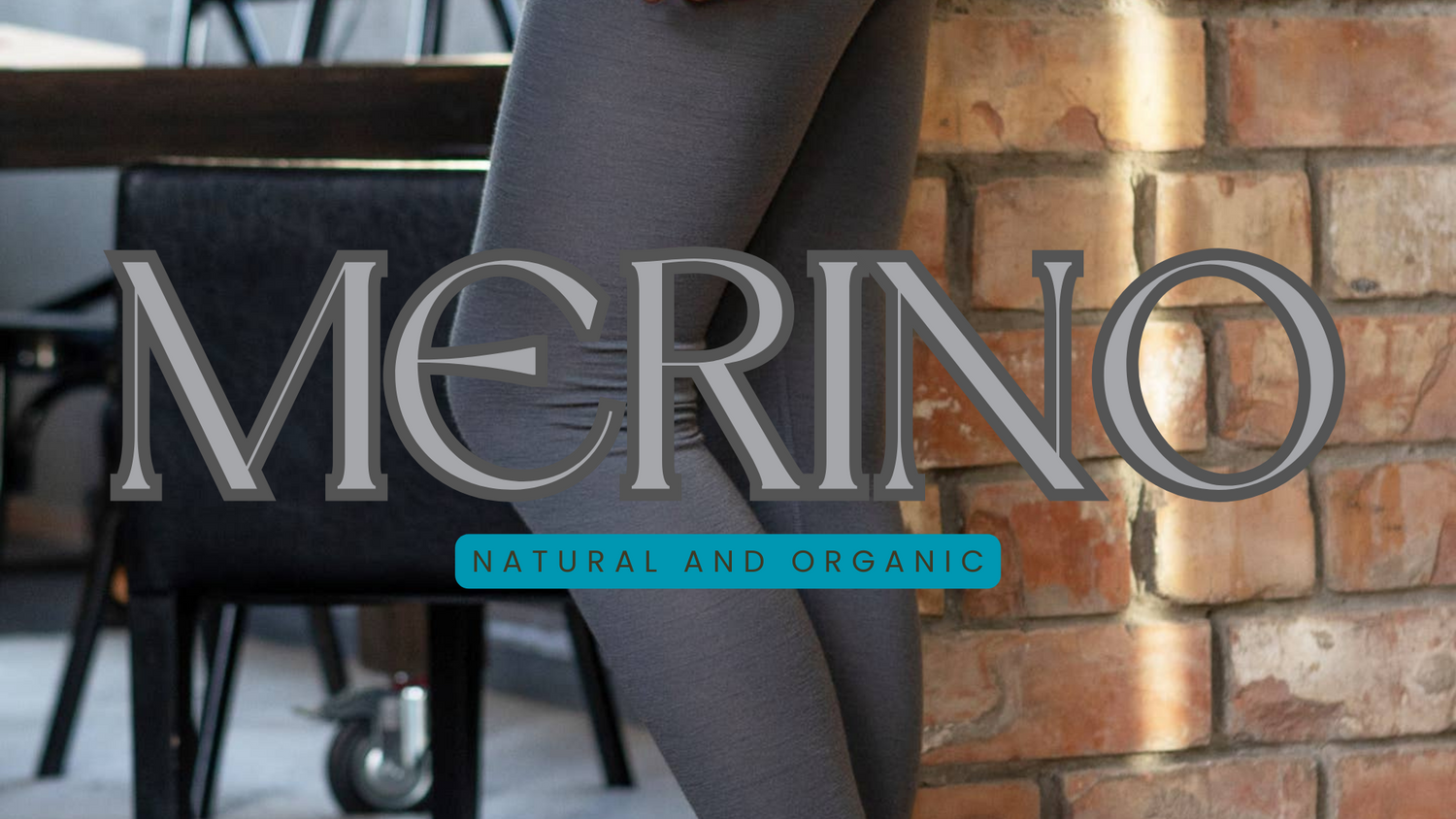 Merino wool clothing has gained immense popularity in recent years, and for good reason. Beyond its softness and luxurious feel, this natural fiber boasts a myriad of qualities that make it stand out in the realm of textiles. Let's delve into the unique attributes of merino wool, touching on health, environmental impact, comfort, and thermoregulation.
Merino wool clothing has gained immense popularity in recent years, and for good reason. Beyond its softness and luxurious feel, this natural fiber boasts a myriad of qualities that make it stand out in the realm of textiles. Let's delve into the unique attributes of merino wool, touching on health, environmental impact, comfort, and thermoregulation.
Health is a paramount concern, and merino wool proves to be an excellent choice for those with sensitive skin or allergies. Unlike traditional wool, merino fibers are finer and softer, minimizing the itchiness often associated with wool garments. Additionally, merino wool is naturally hypoallergenic, making it a fantastic option for individuals prone to skin irritations. Its breathability also aids in moisture management, reducing the likelihood of skin conditions like eczema.
From an environmental perspective, merino wool shines as a sustainable choice. Merino sheep, primarily raised in Australia and New Zealand, are well-suited to their environments and require minimal human intervention. The animals graze freely, contributing to healthy ecosystems. Moreover, the biodegradable nature of merino wool ensures that discarded garments have a lower impact on landfills compared to synthetic materials.
When it comes to comfort, merino wool sets the gold standard. The fibers have a natural elasticity, allowing garments to stretch and move with the body. This ensures a comfortable fit without restricting movement, making merino wool ideal for activewear and everyday attire alike. Its moisture-wicking properties also keep the body dry, preventing that clammy sensation often experienced with other fabrics.
One of the standout features of merino wool is its exceptional thermoregulation capabilities. Whether it's a chilly winter day or a warm summer afternoon, merino wool adapts to your body's needs. In colder temperatures, the fibers trap and retain heat to keep you warm. Conversely, in warmer weather, merino wool efficiently wicks away moisture, helping to cool the body and prevent overheating. This dynamic response to temperature changes makes merino wool a versatile choice for a wide range of climates and activities.
In conclusion, merino wool clothing offers a holistic package of benefits, encompassing health, environmental sustainability, comfort, and thermoregulation. As consumers increasingly prioritize both well-being and eco-conscious choices, the rise of merino wool as a go-to textile seems poised to continue, providing a natural and sustainable alternative to conventional fabrics.




